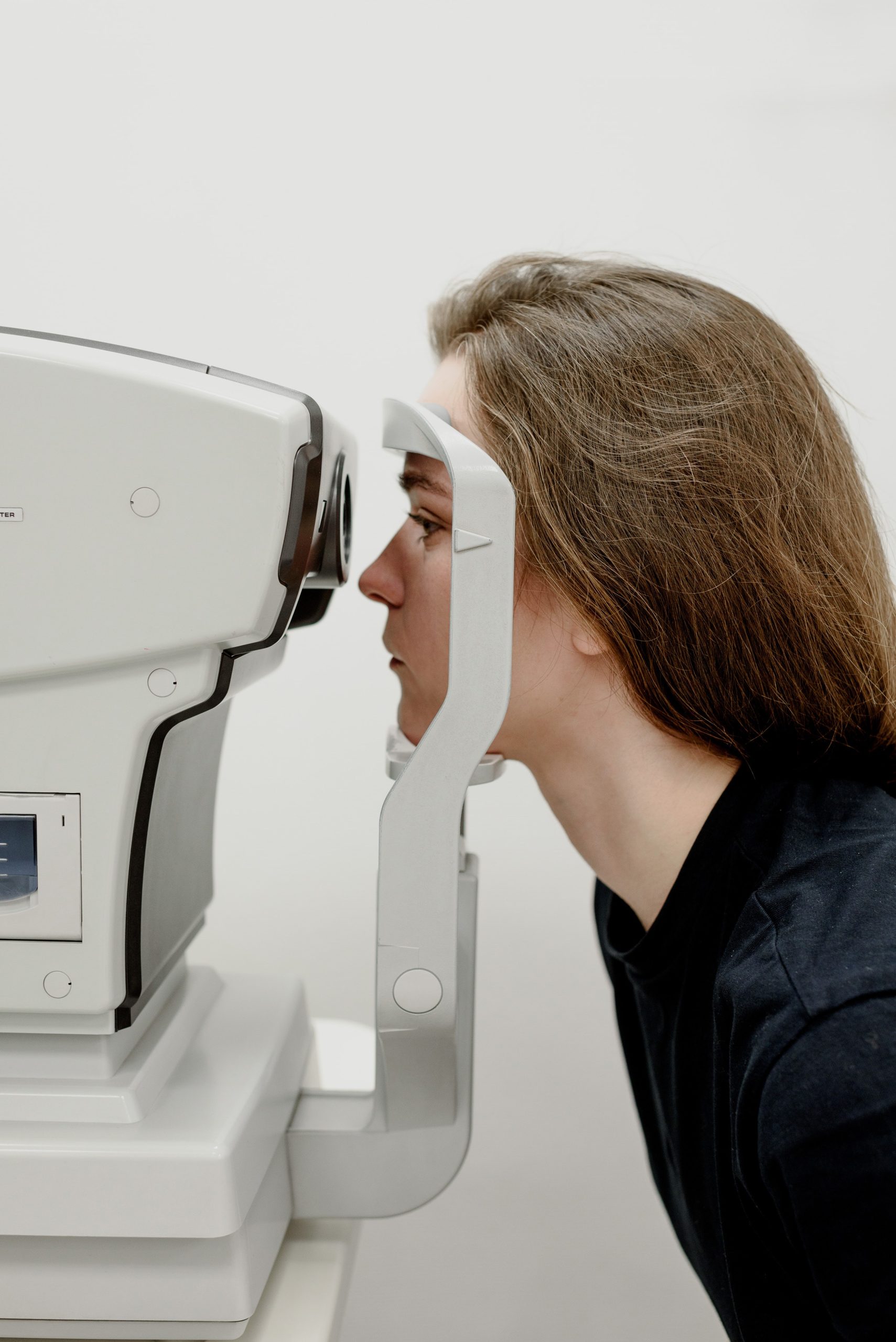Vision therapy is a term used mainly by optometrists. It is the process of attaining an excellent and pleasant vision. In addition, It is planned to educate how the brain operates and boost the eye’s visual skills. This may include learning, focusing, reading and concentrating.
A vision therapy process includes weeks or more of in-office and at-home exercises. However, in some cases, additional lenses or filters may be included.
Sight Therapy is generally divided into 3:
Orthoptic Vision Therapy – This is a series of in-office exercises carried out weekly, normally for a couple of months. This is also known as Orthoptic eye exercises. It helps improve how the binoculars perform. However, this kind of exercise can also be done at home after being guided by the orthoptist.
The orthoptists are eye health specialists in ophthalmology. They specialize in checking and treating eye deviations.
Behavioural Vision Therapy – This is also known as perceptual. This type of eye exercise enhances an individual’s visual processing and perception.
The third vision therapy is for the therapy for nearsightedness. This therapy is done to either prevent or correct myopia.
But then you may be thinking, do these therapies work?
Vision therapy has been studied and clinically proven to be a treatment option. It has been influential on both children and adults for generations.
Orthoptic therapy has been proven helpful in treating insufficient symptomatic convergence.
The various types of sight therapy have been proven to help treat:
- Eye tracking issues
- Eye fatigue
- Lazy eye
- Crossed eyes
- Double vision
- Lack of focus
- Dizziness
- Visual perception and processing issues.
- Headache after prolonged
How Long Before any Signs of Progress?
If done correctly, positive changes should be noticed within the first few weeks.
However, different people have different healing times. Sometimes the healing time also depends on the type of therapy and how often it’s been done.
The therapy can take 6 months for the best results. Over time, the eye care specialist will continue to observe the progress and tell you how long it will take to achieve its maximum potential.
Who Needs Vision Therapy?
Sight therapy is for both genders and all ages. Children with little visual skills have found vision therapy helpful in academic performance. Children with visual skills issues find it hard to read or concentrate; most of them end up daydreaming while classes are going on, as a lack of visual skills may lead to headaches or fatigue. Learn more about vision.


